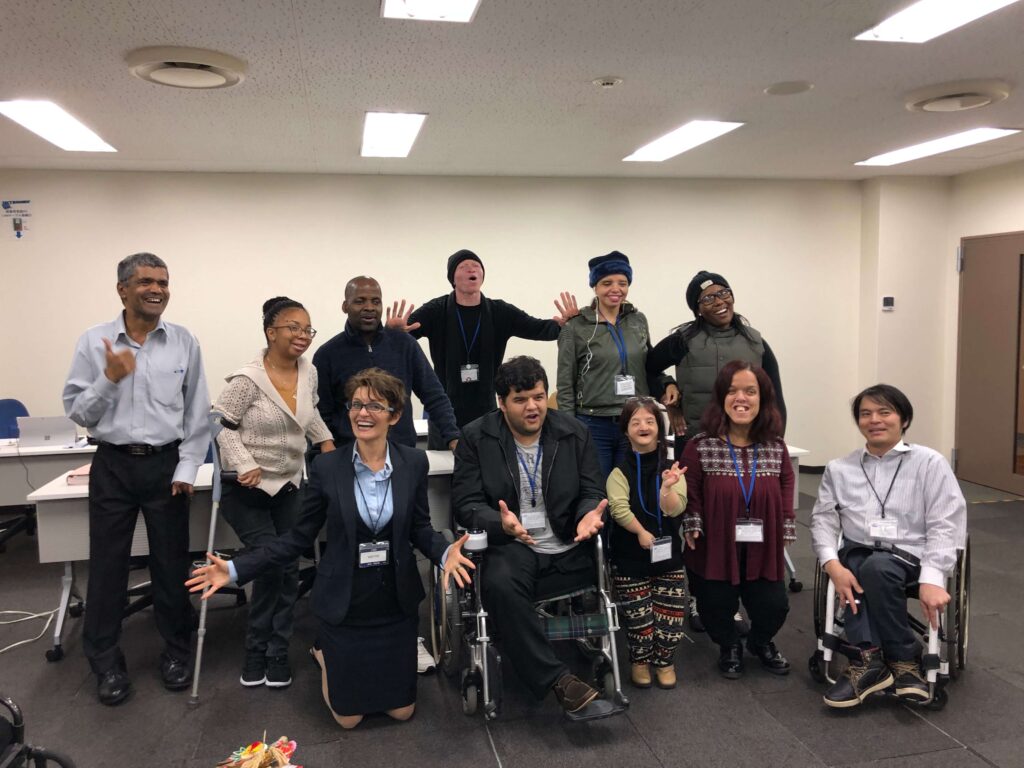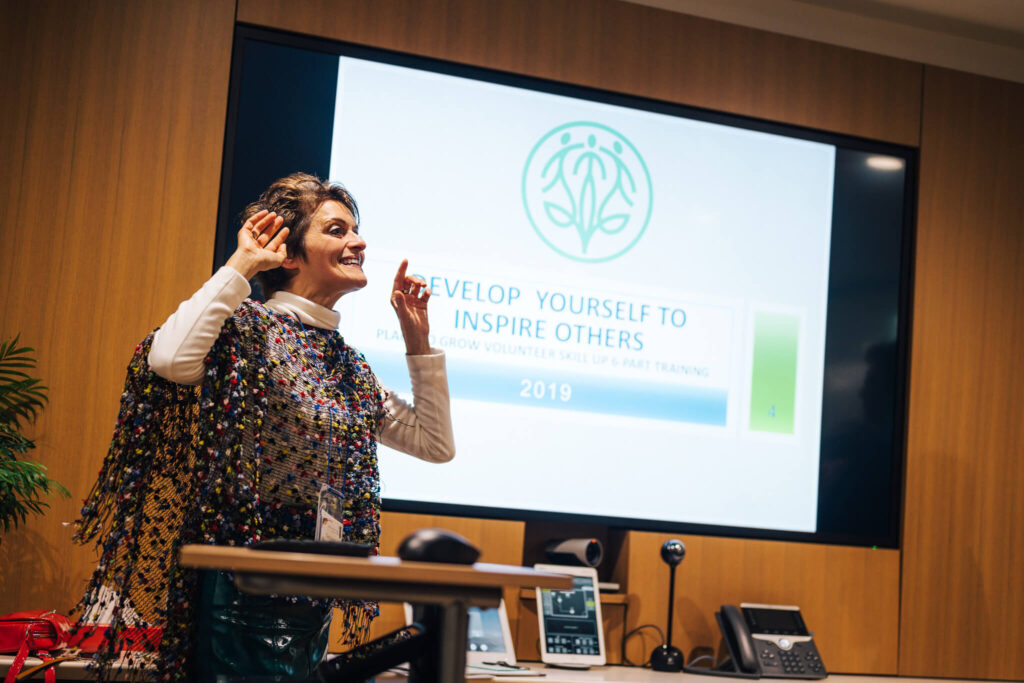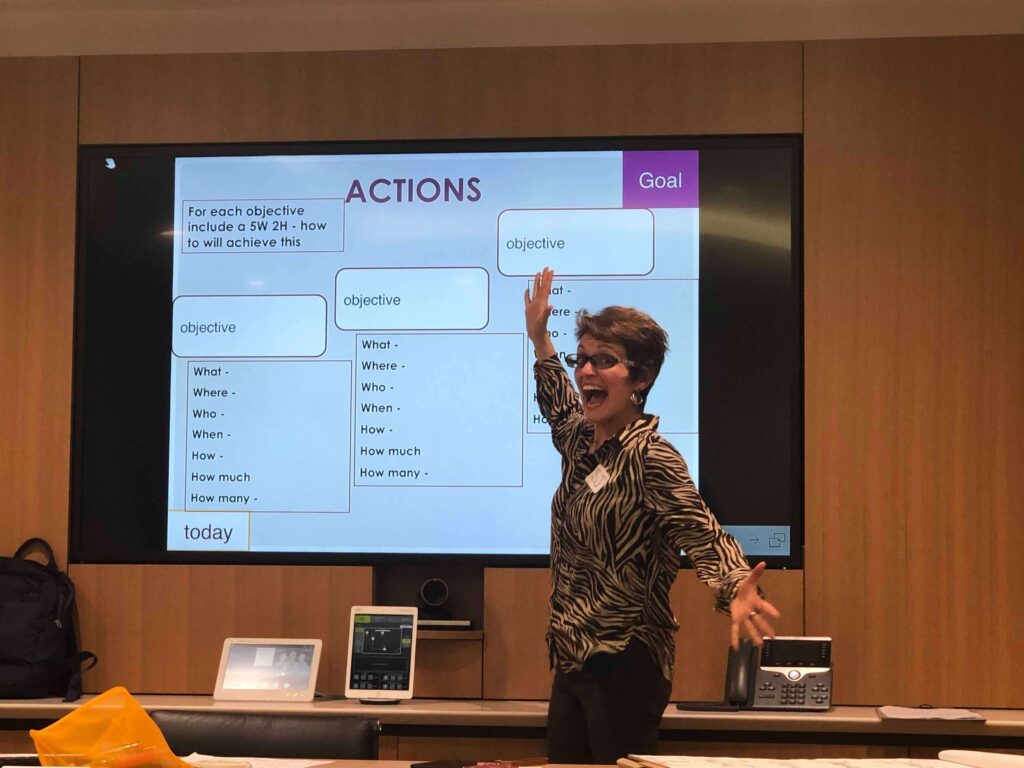
JANUARY 2021 (VOL.159)


What is your occupation in Japan? Can you talk about your job?
At the heart of who I am is a social activist. I believe that everybody has a responsibility to make their community or society better, whether they are students, office workers, teachers, or scientists. Whether they work locally or internationally. Which is why I have worked with local and international organizations corporations educational institutions government agencies like JICA.
As for my work, I do a number of things in Japan. I coordinate events and training programs focused on civil society development. I also serve as an advisor or Tokyo representative for various number of international organizations.
This year while working has been mostly online at home, I’ve taken on teaching quite a few courses at the Temple University Japan Campus and Sophia University. The main areas I teach are about NGOs, civil society social issues, conflict mediation, and social movements.
What is the distinctive difference between life in your home country and Japanese life?
I can’t really answer this question about my home country and Japanese life, because life in my country really depends on where you live but it’s the same thing in Japan. Life in Tokyo is very different from life in Hokkaido.
So I’d like to compare living in Tokyo compared to living in New York City.
The slower pace of everything in Tokyo compared to NYC used to really bother me. People walk slowly, paperwork takes time, things are sometimes very vague. Also, the lack of diverse neighborhoods in Tokyo makes life less colorful. There are the Muslim street and Korean restaurant areas and Japanese-style Chinatown in Yokohama of course but these are special places in Tokyo, not the normal towns.

V
What do you find different about living in Japan over the term compared to when you first arrived or came as a tourist?
No, nothing seems strange out of the ordinary to me, but I used to find it really frustrating or annoying like all the bureaucracy to do things, I can laugh about now though.
When I first came to Japan there was very little of anything in English or any foreign language. I forgot what it was like when I didn’t understand any Japanese and how hard it was to do things such as go to the telephone office to sign up for a telephone or having to find somebody to call to turn on your gas for your apartment.
And there are other things that used to bother me that don’t anymore because there are trade-offs. So just having a good healthcare system and everything being clean and safe. But the lack of political engagement and social discussions still bugs me.

Which places in Japan do you recommend that international travelers see?
Nara and Nikko, and a drive along the coast from Tokyo to Nagoya – stop at beaches and towns along the way. Great seafood and nicer people than in cities.
The last few times I was in Kyoto it was too crowded so I tell people to avoid it.
Would you like to continue to live in Japan for the rest of your life?
Not sure – I have a house now in Shizuoka city just 20 minutes from the beach so I may be coming back here even if I work overseas sometime.
I would like to live in Italy or Spain for a while after I slow down my work life a bit. (I don’t think of returning but adjusting my schedule.) When I am older these places seem the best for me as I prefer the quality of life here.
I never think of living in the US but I do think about moving back to New York. BUT I don’t think about it much. AND no one knows what opportunities the future may bring!

V
2020 has brought us many unknowns and I am hoping 2021 will be a quiet year we can all quietly plan for the future again!
V
V



